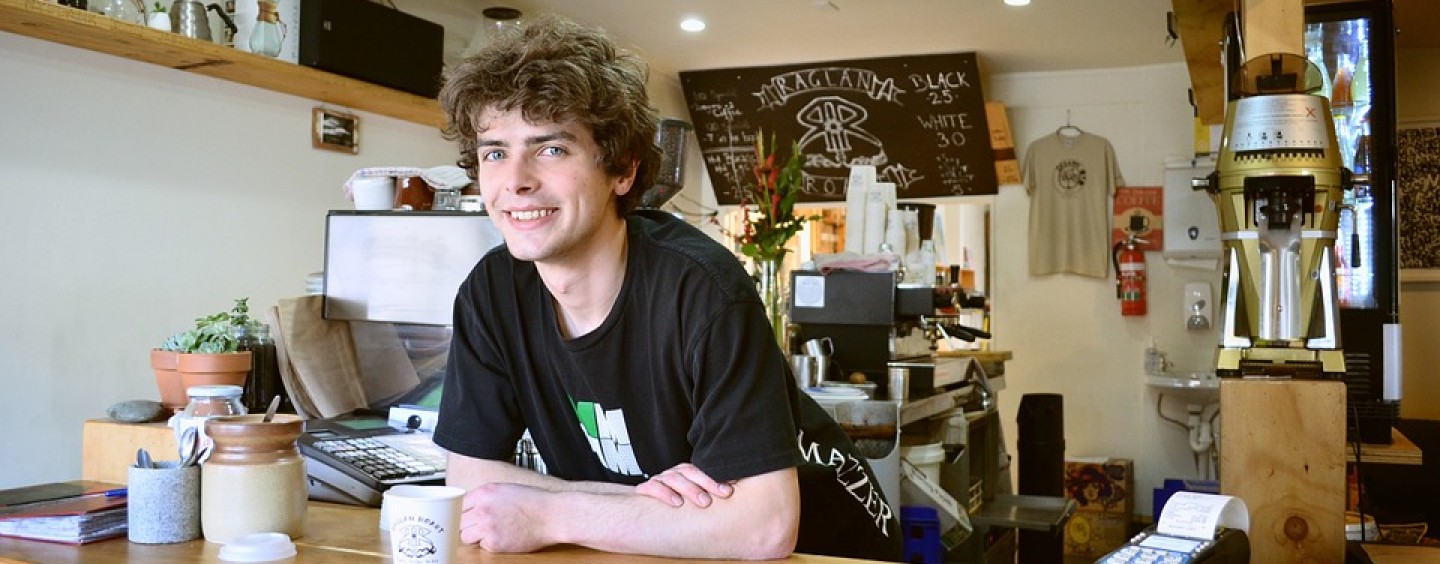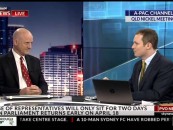Youth unemployment is one of the great tragedies of our time. Young people emerge from study in the expectation of becoming self-reliant, only to have their aspirations thwarted and face continuing reliance on others.
There is obviously a cost to the economy, but even more important is the adverse impact on both future earnings and self-worth.
At close to 13 per cent, Australia’s official youth unemployment rate is more than double the overall rate. In some areas it is many times this. There are also large numbers of young people who are underemployed in casual and part-time jobs. And whenever there is a downturn, they lose their jobs first.
This problem is not unique to Australia. Indeed, in quite a few developed countries it is far worse. For example, youth unemployment is over 40 per cent in Greece and Spain, and over 20 per cent in Italy, France, Belgium, Finland and Sweden.
On the other hand, it is just 2.5 per cent in Thailand, about 5 per cent in Japan and 7 per cent in Germany. The difference is not simply attributable to good luck.
In Australia it is perfectly legal to work for nothing. Indeed, voluntary work is actively encouraged by the government and there are tens of thousands of Australians who provide their time and labour in the service of others for no reward.
It is also legal to do nothing and be paid. The government provides unemployment benefits equivalent to $5.70 an hour to those 21 and under who are looking for work, and $7 an hour to those over 21.
However, when it comes to paid work, it is illegal to work and be paid less than the minimum wage. This is $12.10 at 18, $14.60 at 19, $17.30 at 20 and $17.70 if 21 or older. For casuals, it’s over $22.
Key difference
The key difference between countries with high and low youth unemployment is the focus of their labour laws. In Australia and others like it, the priority is on those who have a job and their conditions of employment. In countries where youth unemployment is low, the priority is on getting those who do not have a job into work.
Labor senators, all of whom are union-affiliated, regularly claim any reduction in the minimum wage would undermine the living standards of working people. In their view, allowing anyone to work for less would inevitably flow on to those who had a job, dragging down their wages. Apart from the adequacy of unemployment benefits, I rarely hear them express concern for those who do not have a job.
The argument in favour of reducing minimum wages is rarely heard from the other side of the chamber. And as for the government as a whole, all it does is appear at Fair Work Commission hearings to argue for modest increases in the minimum wage.
The idea that a lower minimum wage will mean pay cuts for all low-paid workers who already have jobs is simplistic in the extreme. Such thinking fails to recognise that the value of individual workers differs. Moreover, those already in a job have clear advantages over those who are unemployed, and are clearly worth their current pay or they would not be there.
It’s worth noting that in countries with low minimum wages, there are also low levels of unemployment. A lower minimum wage would mean new jobs, as jobs currently priced out of existence would become available.
If we were to abandon or substantially reduce the minimum wage, and if some individuals were obliged to accept a lower wage in order to keep a job, they would at least have one. More significantly, so would many who are currently unemployed and receiving just $7 an hour.
Furthermore, studies show that most people on low wages move on to higher wages after about a year. Low-wage jobs are an opportunity for people to start at a bottom rung and work up, which obviously cannot occur if they are being poorly paid for doing nothing.
Australia’s youth unemployment problem may not be as serious as that of Greece or Spain, where minimum wages and rigid labour laws are condemning a generation of youngsters to idleness and welfare dependency, but our failure to address it is no less unconscionable. And it’s not as if we don’t know what to do about it.
David Leyonhjelm is a senator for the Liberal Democrats.









